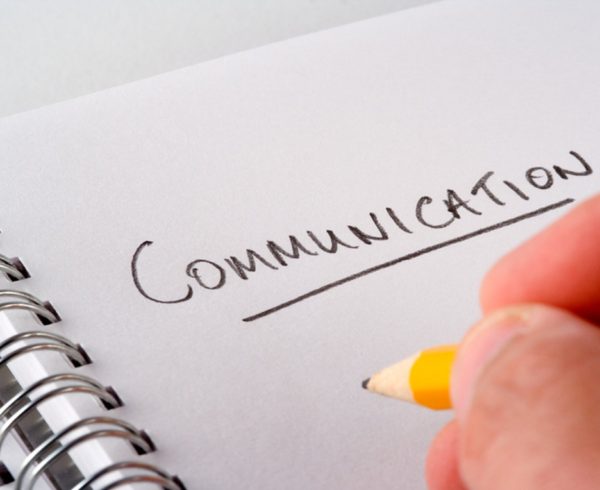I flew to Chicago last week to participate in Alan Weiss’ Million Dollar Consulting Convention. I was joined there by an exceptional cohort of friends and colleagues — an array of business experts from across the world. It was a terrific event, punctuated by a compelling keynote by Wharton’s Jonah Berger, who was there to share insights from his new book, Contagious.
On my first evening in town, two of my colleagues joined me for dinner at my downtown hotel. We enjoyed a few appetizers, shared a bit of wine, laughed and talked for hours. Just as we began to wind down the conversation, one of my colleagues politely pointed out that she’d found a “foreign object” (a jagged staple) in the food. Not so appetizing and potentially dangerous, were it to have been ingested.
Of course, most of us have had unsatisfactory restaurant experiences from time to time. But discovering a piece of metal in your food is the kind of thing you might be tempted to tell others about, both in person and across social media. And as we all know, an unhappy customer can create real headaches for a business trying to establish or maintain a spotless reputation.
An opponent in the workplace can have a similar impact on your personal brand. They can say unflattering things about you, withhold support for a key initiative, raise concern over a coveted promotion, or pose any number of other obstacles to your success.
Look closely at your work relationships and identify your overt adversaries as well as your hard-to-spot saboteurs. Figure out why they are opposing you and don’t make any assumptions. It may be a matter of organizational politics. It might be a personality clash. It may be the result of conflicting agendas. Or it just might reflect a failure to fully engage them, appreciate their perspective and win their support for what you are trying to achieve. Regardless of the reason, you’ll need to sort things out quickly if you are to be successful.
Here are four steps to rapidly get back on track:
- Make the covert overt. Openly acknowledge the issue. Brushing problems under the rug never works for long.
- Ask the other person’s point of view. You needn’t be solicitous, but you do need to be open, non-defensive and genuinely curious about the problem. Did you do or say something wrong? Did you fail to invite your colleague to an important meeting or neglect to seek her perspective on a new project? What is your contribution to the current situation?
- Own it. If you’ve inadvertently offended or harmed the other person, apologize and offer to right your wrong. A simple “I’m sorry” goes a remarkably long way. Don’t allow your pride to get in the way.
- Learn and move on. What’s the key takeaway? Is there a remedy that can be applied to other situations and with other stakeholders? If so, learn quickly, add the new approach to your toolkit, and get right back in the game.
At the end of our dinner in Chicago, the restaurant manager walked over to our table, sincerely apologized for the poor experience and gave us the entire meal on the house. He asked what else he could do to remedy the situation. He was gracious and genuine throughout. As a result, I now have zero temptation to warn others to steer clear of the hotel or its restaurant. On the contrary, I readily tell people what a terrific customer experience I had. And I will surely be willing to give them another chance.








